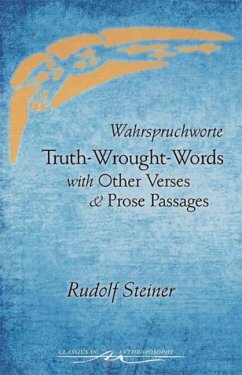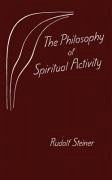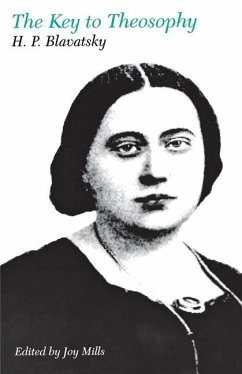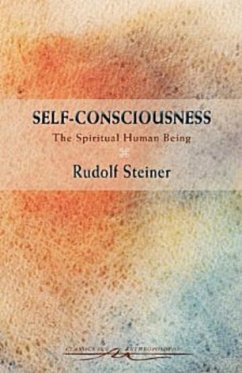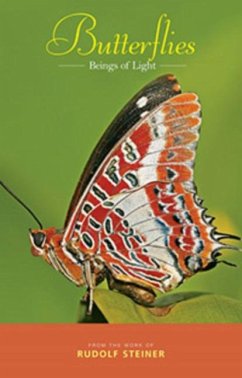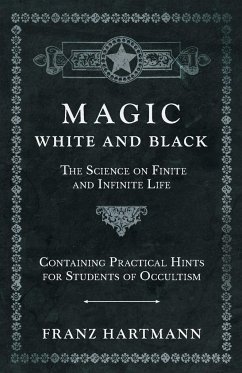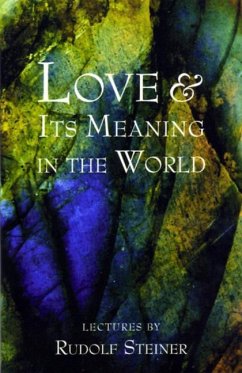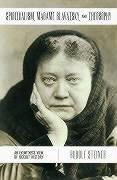
Spiritualism, Madame Blavatsky, and Theosophy
An Eyewitness View of Occult History
Mitwirkender: Bamford, Christopher
Versandkostenfrei!
Versandfertig in über 4 Wochen
22,99 €
inkl. MwSt.

PAYBACK Punkte
11 °P sammeln!
The Spiritual Revolution of the twentieth century -- the "New Age" -- is unimaginable without the spiritualist movement and the formidable personality of Helena Petrovna Blavatsky, the creator of the Theosophical Society. Without these two, the work of Rudolf Steiner, G. I. Gurdjieff, Hazrat Inayat Khan, Sri Aurobindo, and C. G. Jung, and could not have been what it was. In this fascinating volume on the Theosophical movement, Rudolf Steiner, one of its leading participants, tells his own story in his own words about the origins of the theosophical movement in spiritualism and somnambulism, as...
The Spiritual Revolution of the twentieth century -- the "New Age" -- is unimaginable without the spiritualist movement and the formidable personality of Helena Petrovna Blavatsky, the creator of the Theosophical Society. Without these two, the work of Rudolf Steiner, G. I. Gurdjieff, Hazrat Inayat Khan, Sri Aurobindo, and C. G. Jung, and could not have been what it was. In this fascinating volume on the Theosophical movement, Rudolf Steiner, one of its leading participants, tells his own story in his own words about the origins of the theosophical movement in spiritualism and somnambulism, as well as his own version of Anthroposophy's relation to Theosophy. Steiner also relates Theosophy to its historical ground in Western esotericism, above all Rosicrucianism. He reveals events from the seventeenth century that led to the emergence of Freemasonry and other secret societies, the hidden history of the creation of Theosophy itself in the nineteenth century, and conflicts that are still reverberating between Anglo-Saxon and Germanic occult streams today.





